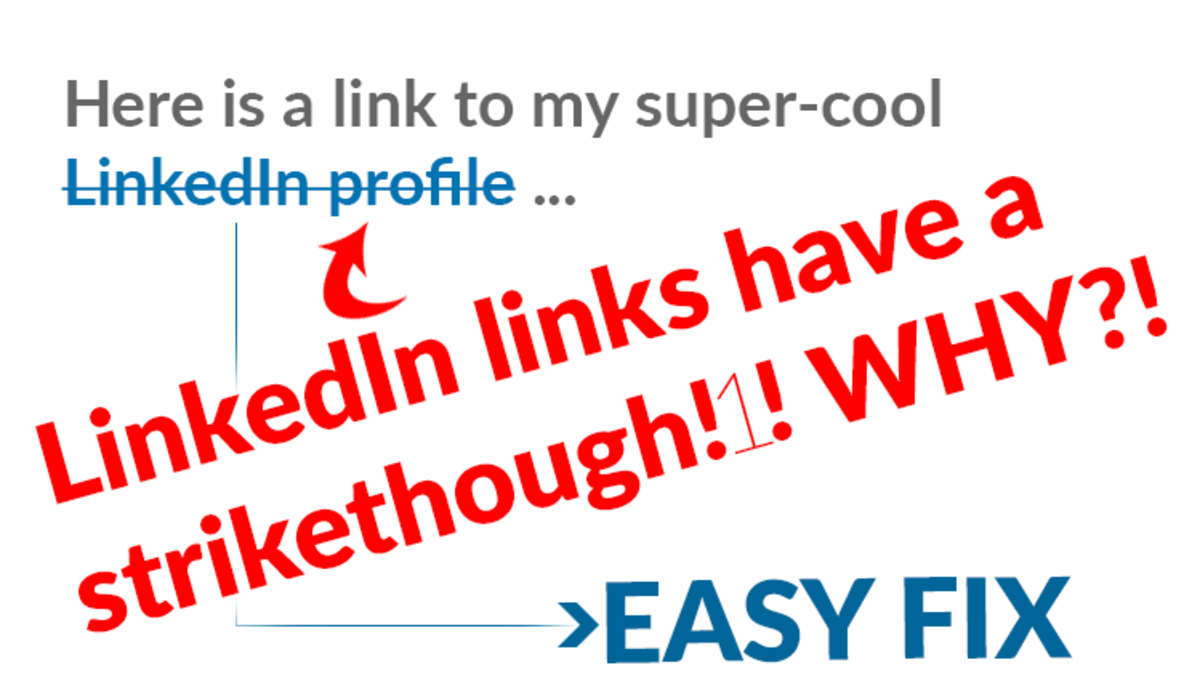- HubPages»
- Technology»
- Internet & the Web»
- Web Page & Web Site Development
WordPress.org vs. WordPress.com: An explained comparison between WordPress.org an WordPress.com
WordPress is a common name but do you know that there are two things: WordPress.org and WordPress.com. What are the differences between them? Have you tried yourself to find the differences between theme? Actually, two distinctly different versions of WordPress are available: the downloadable, open source version found at WordPress.org and the hosted version at WordPress.com. This page explain you everything and the differences between WordPress.org and WordPress.com
comparison between WordPress.org an WordPress.com
WordPress.org is the self-installed version of WordPress which is the most common version and need to install in on your own Web server. This version of Wordpress has full access to both the source code and the database where the information is stored.
WordPress.com is also free. It is a hosted blog service. This means that anyone can use it without a hosting account. Everything like Wordpress setup, upgrades, spam protection and backups are all taken care of by the WordPress.com service.
If you use WordPress.org, you could easily use FTP or shell access to update or modify your website's PHP code. But WordPress.com does not provide you any FTP or shell access and so you can not modify your site’s PHP.

WordPress.com also has some content restrictions (for example, paid or sponsored post content is not allowed). But for WordPress.org, there is no limitation like those.
For WordPress.org, there are thousands of plug-ins and themes which anyone can use freely. But for WordPress.com, all the features may be extended by paying for premium services.
WordPress.org is fully customizable. But WordPress.com is built-in analytic statistics and does not support full customization.
WordPress.org supports unlimited user accounts. WordPress.com supports only a limited numbers of users.
No content restrictions are for WordPress.org. Meanwhile, WordPress.com has some content restrictions.
WordPress.org requires setup and maintenance. For WordPress.com., it does not require any setup aside from choosing theme and entering content.
In this page, I tried to explain you some of the differences between WordPress.org and WordPress.com. However, there may have other differences between them. If you know or feel any differences between them, please mention that in the comment section.








